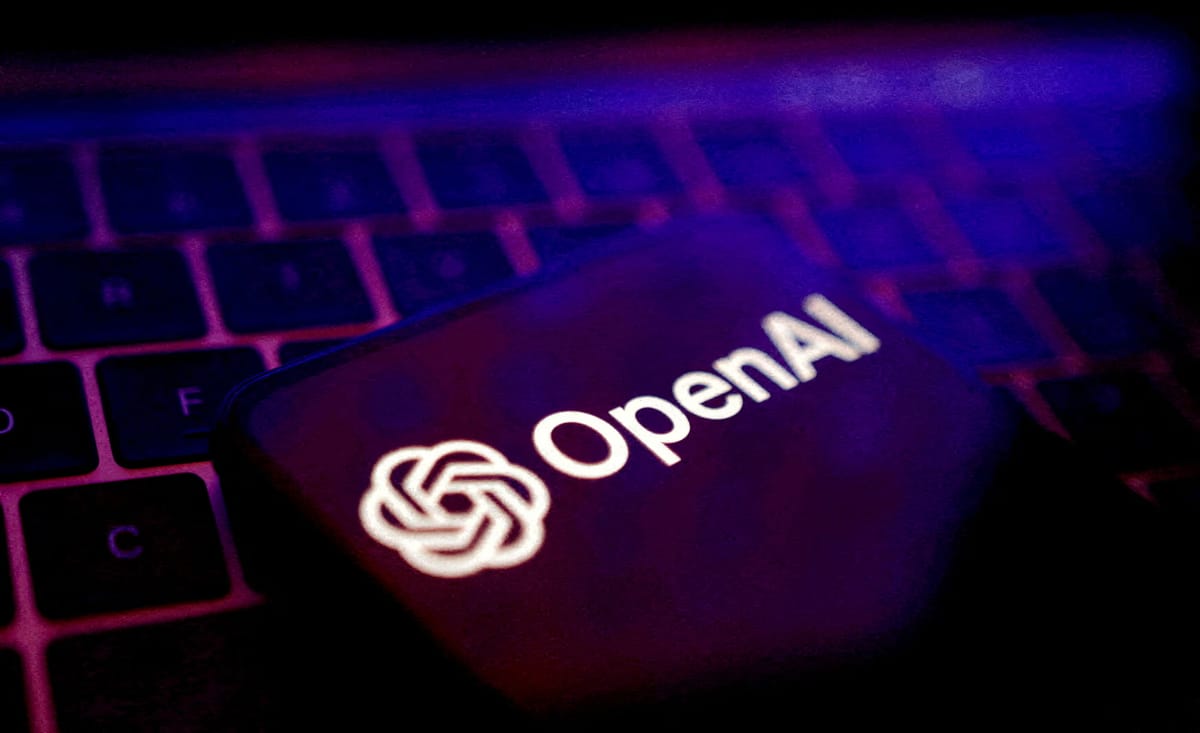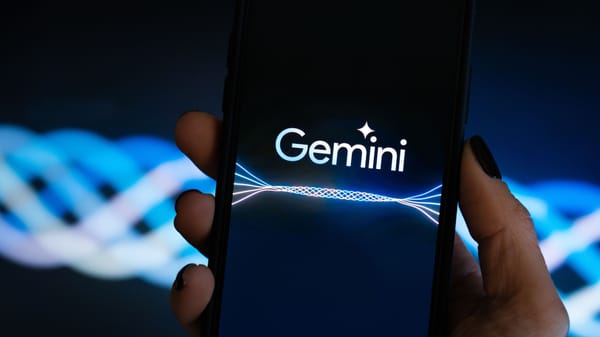OpenAI Unveils GPT-5-Codex, Major Upgrades to Codex Toolset for Developers
GPT-5-Codex is built to handle both quick interactive coding and long, complex workstreams.

OpenAI has rolled out substantial enhancements to its coding assistant platform, Codex, with the debut of GPT-5-Codex—a model optimised for real-world software engineering tasks—and new developer tools that deepen integration across local and cloud environments.
This follows the launch of GPT-5, the most advanced AI model to date launched by OpenAI.
GPT-5-Codex is built to handle both quick interactive coding and long, complex workstreams. It supports large-scale tasks like feature additions, code refactoring, debugging, test generation, and code review with improved accuracy. Among its capabilities: working independently for lengthy sessions, fixing test failures, and generating clean, high-quality code without needing detailed style prompts.
"During testing, we've seen GPT‑5-Codex work independently for more than 7 hours at a time on large, complex tasks, iterating on its implementation, fixing test failures, and ultimately delivering a successful implementation," OpenAI said in a blog post.
Alongside the model, OpenAI has enhanced the Codex ecosystem. The Codex CLI tool now allows users to share images, wireframes, and diagrams directly in the terminal; track progress via to-do lists; connect to external tools and web search; and benefit from improved formatting, diff visualizations, and streamlined approval workflows.
The Codex IDE extension adds tighter integration into environments like VS Code, enabling developers to preview local changes, move work between cloud and local setups, and maintain context without switching tools.
OpenAI also reports performance gains: by caching containers and improving cloud infrastructure, the average time for generating responses and completing follow-ups has dropped dramatically—up to 90% in median latency.
Codex now includes sandboxing by default, network-access controls, and settings that require explicit permissions for higher-risk actions. Code review features help surface critical issues; but OpenAI counsels that developers still need to review agent outputs before production use.
GPT-5-Codex is now the default backend for all cloud-based Codex tasks, with local usage via CLI or IDE optional. It’s included in several ChatGPT tiers—including Plus, Pro, Business, Education, and Enterprise.




